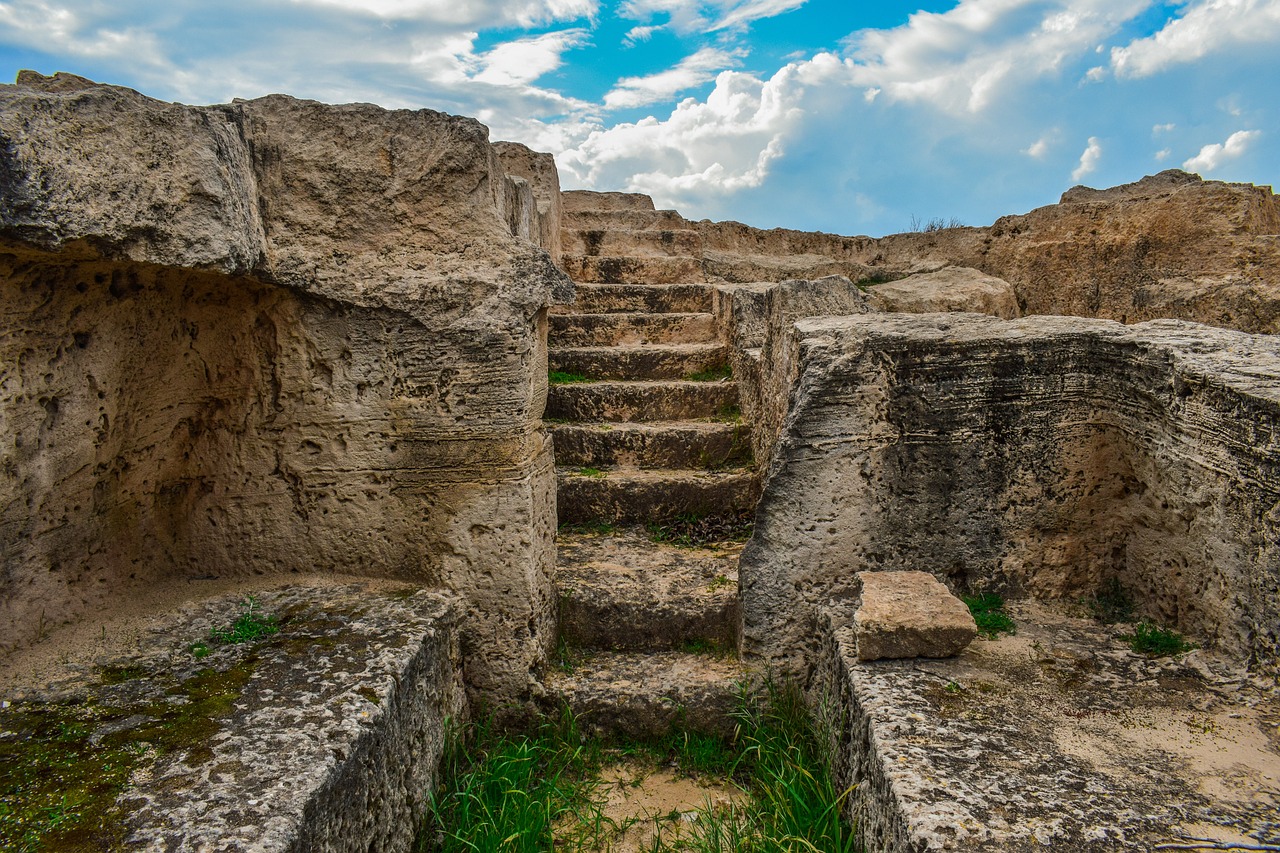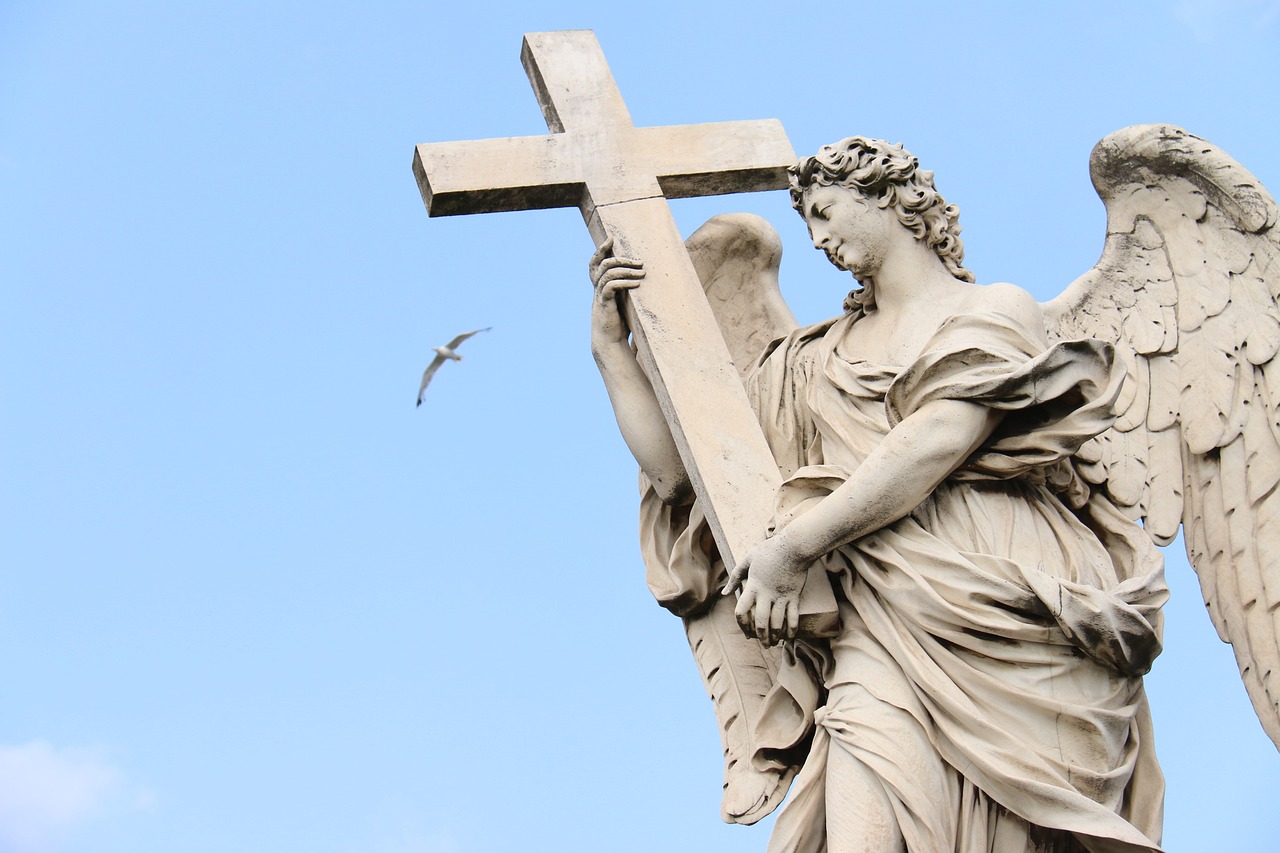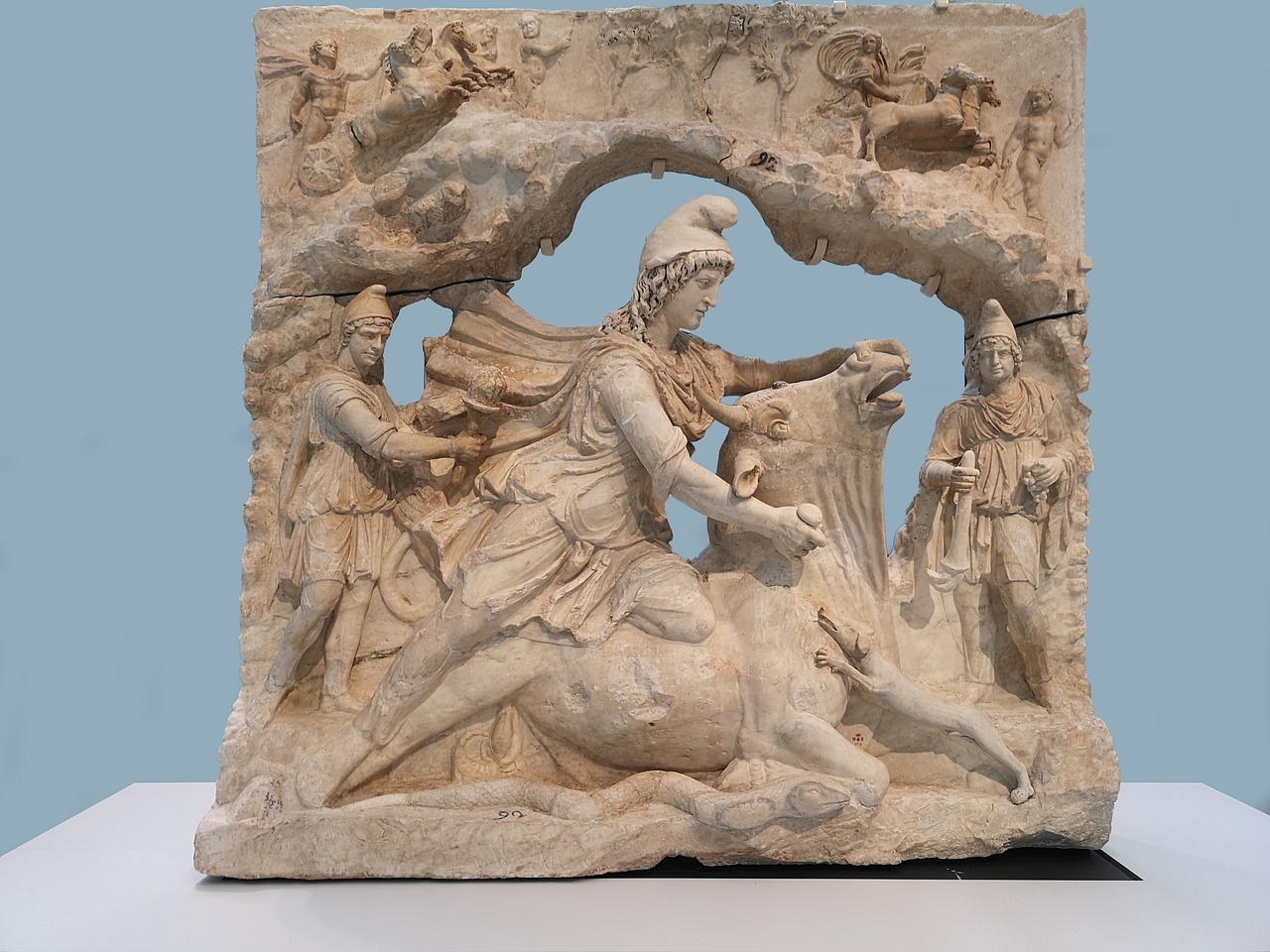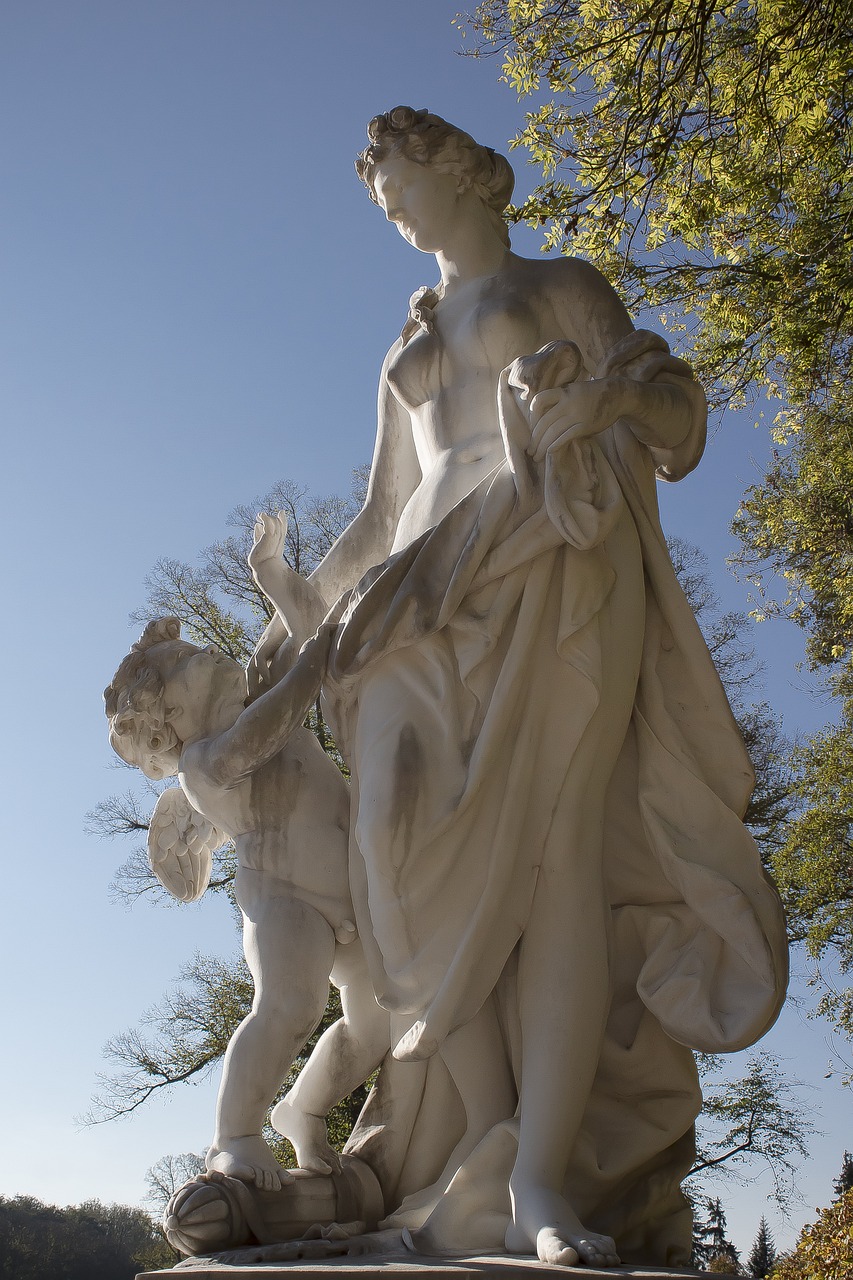Roman Mythology
-

During renovation efforts aimed at a century-old sewer system in Rome, workers unexpectedly uncovered a life-sized marble statue representing Hercules, distinguished by its lion skin headdress. Jane Draycott, an archaeologist at the University of Glasgow, expressed her astonishment at the discovery, calling it a delightful surprise amid less glamorous surroundings, as noted in the Miami…
-

A magnificent marble statue of Juno clutching the infamous golden apple of discord graces a park in Sokyryntsi, Ukraine. In the realm of ancient Roman mythology, Juno ranked as the foremost goddess, being the spouse of Jupiter, the supreme deity, and holding the title of queen. Romans revered Juno as a guardian figure who provided…
-

In this work, Goldsworthy aims to explore why certain Roman generals achieved remarkable success and what insights can be gleaned from their experiences. He examines a variety of commanders, spanning from the Punic Wars in the 3rd century BCE, critical to Rome’s continuity and future direction, to Belisarius, the last eminent general who endeavored to…
-

The Complex Legacy of Discordia Introduction Discordia, identified as Eris in Greek tradition, is the Roman goddess representing discord and chaos. She embodies the tumultuous aspects of human experiences, often depicted as a catalyst for conflict. Portrayed as a figure who fosters division, Discordia reflects the ancient Romans’ understanding of the vital role conflict plays…
-

Overview Apollo, originating from Greek mythology, was revered in Roman culture as the god of music, poetry, and the arts. He was not only a healer and law-giver but also a symbol of order in human society and a fountain of medical wisdom. Known for his prophetic abilities, Apollo was believed to dwell at Delphi,…
-

In the 1st century AD, a novel religious movement took root within the Roman Empire, dedicated to the veneration of Mithras. This religion, rooted in a Roman interpretation of the Indo-Iranian god Mithra, attracted followers who were thought to engage in esoteric rituals and possessed insight into the universe’s enigmatic wisdom. The emergence of Mithraism…
-

Overview of Venus: The Roman Goddess of Love Venus, the Roman embodiment of love, maternal care, sexual reproduction, and desire, was revered as one of the most beautiful deities in the Roman pantheon. Renowned for her ability to attract both mortals and gods, she exhibited a fluid approach to sexuality, captivating both male and female…
-

Dear friends, I am excited to share another installment with you today. As I previously mentioned, time has not been on my side, and I wasn’t able to cover the comprehensive history of Halloween as I had planned. However, I would like to introduce you to a captivating story borrowed from Ovid that elegantly intertwines…
-

The Fascinating Flaws of City Flags A TED Talk discussing flags presented by a radio host? It sounds remarkable, yet that’s precisely what transpired. Roman Mars, the individual behind the podcast 99% Invisible, leads this discussion. His goal is to spark interest in design, launching his exploration with the topic of flags. So, what makes…



